Posted on 9/19/2017

China's Geely, which also owns Volvo and other car companies, just bought a startup that makes flying cars. The small privately held aviation company, Terrafugia, which is aiming to produce a practical flying car, or more accurately a street legal aircraft, is being bought by the Chinese carmaker Geely, a company that also owns Volvo and Lotus. Terrafugia started in 2006 by graduates from the MIT with the goal of building and selling a street legal vehicle with foldable wings that can transition into an airplane. While the flying car utopia of tomorrow still remains a pipe dream to many, the Transition roadable aircraft by Terrafugia has received deposits from hopeful buyers representing potential revenues over $25 million. The company has even flown a production prototype on several test flights representing a tangible example of a flying car. Unlike more recent concepts of flying cars that are capable of vertical flight, the Transition still requires a runway for takeoff and la ... read more
Posted on 9/12/2017
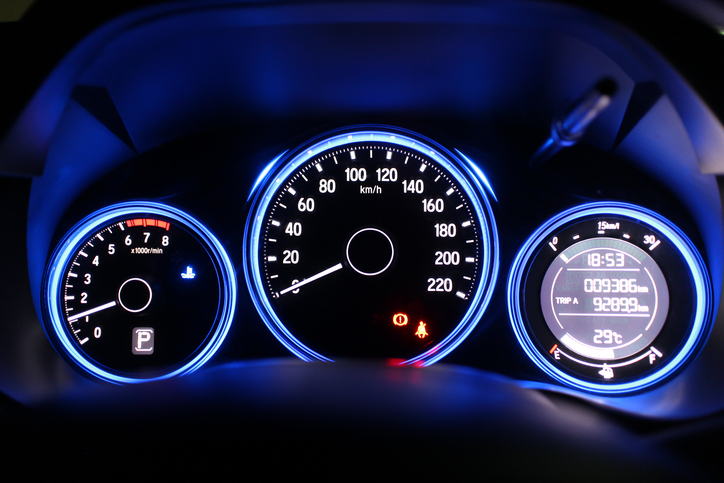
10 Surprising Myths About Gas Mileage Myth: You have to drive a small car to get good fuel economy. Advanced technologies like hybrid drivetrains, diesel engines, direct fuel injection, turbocharging, advanced transmissions, low rolling resistance tires and aerodynamic designs are allowing standard-sized vehicles to be very fuel efficient. For the 2014 model year, about half of the top 10 most efficient vehicles (the list that excludes electric and plug-in hybrid vehicles) are midsize or large cars and wagons. Myth: Manual transmissions always get better fuel economy than automatics. Advances in automatic transmissions have improved their efficiency to the point that the automatic version of a vehicle often gets the same or better fuel economy than the version with a manual transmission. For vehicles offered in both automatic and manual transmissions, consumers can easily compare fuel economy at the government website. Myth: It takes more fuel to start a car than it does to let it ... read more
Posted on 9/12/2017
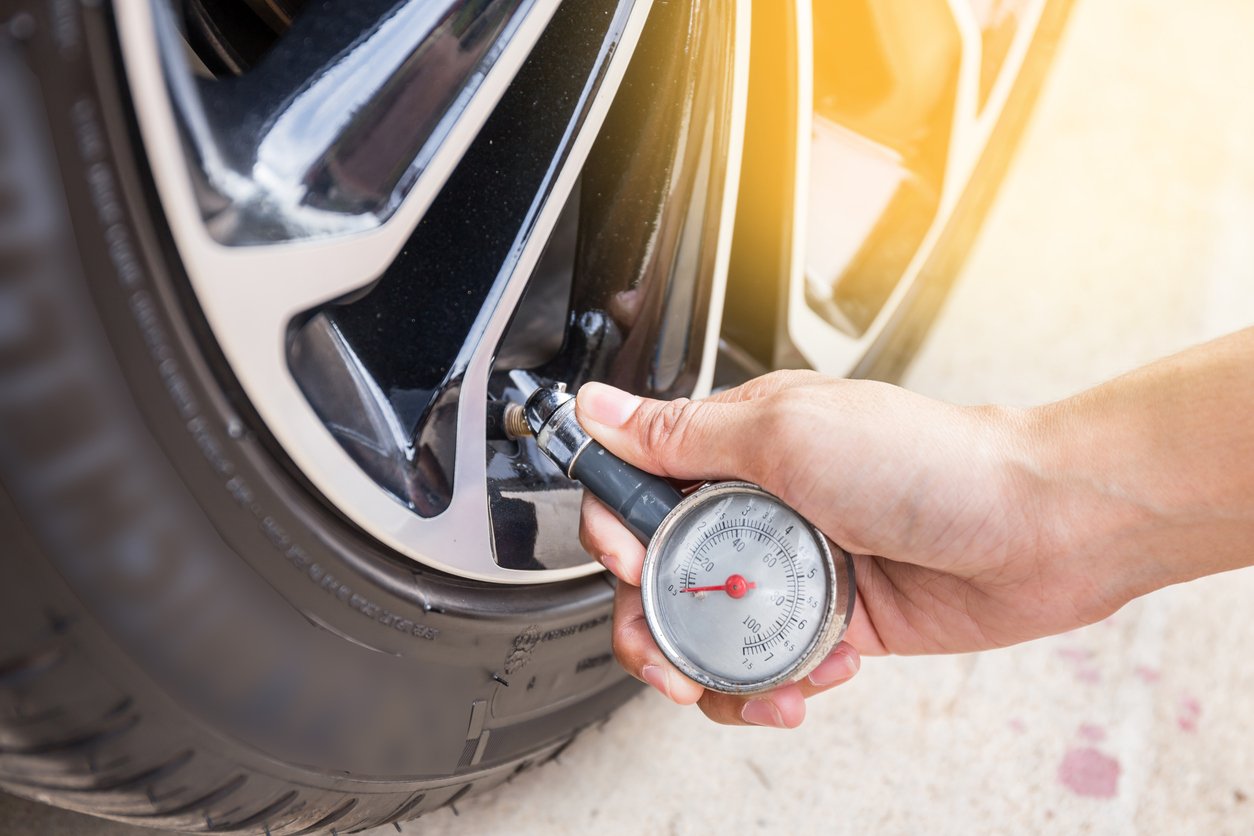
Your car gets you safely everywhere you want to go, but it requires that you take good care of it in order to keep running right. Taking care of your car is as important for keeping you on the road and getting where you want to go as it is for your safety. Some of these simple maintenance issues can actually result in an accident or injuries. Take the time to make sure these 10 things are checked regularly and maintained as needed and avoid a potential accident or claim. The Oil The oil in your car keeps everything running smoothly, and your car can’t run without the right level of oil. You can check your oil level by yourself easily by simply pulling out the dipstick and seeing where the oil level is. You should take your car in for an oil change on a regular basis as recommended by your vehicle manufacturer or mechanic. Oil changes are one of the most basic car maintenance procedures, and checking your oil an easy way to catch leaks. The Tire Pressure A tire pressure ... read more
Posted on 9/5/2017

Can You Buy a Car That Drives Itself? The time when we can sit back and tell our car where to drive itself is getting closer every day. Self-driving cars (also called autonomous vehicles or driverless cars) promise new levels of efficiency and take driver fatigue and inattention out of the safety equation. We’re on the cusp of a transportation revolution, where driverless cars become an essential mobility option. It won’t happen overnight, but self-driving vehicles and changes to our transportation infrastructure are coming sooner than you might think. Self-driving cars require sophisticated suites of sensors, backed by advanced software that can interpret massive streams of data in real-time. While there are several barriers to the adoption of self-driving technology, automakers are making strides to quickly bring elements of the technology to the road. Pushing harder than anyone is Tesla Motors CEO Elon Musk, whose advanced products have forced other automakers to rapid ... read more
Posted on 9/5/2017

Fall is here and it's time to start thinking about preparing your vehicle for the winter season. To Snow Tire, or Not to Snow Tire? Winter has already arrived in some parts of the county, and with it comes a decision: Do I need snow tires, or are my regular tires good enough? The answer depends on where you live and your travel plans, plus the condition and type of your current tires. “If it’s cold enough to see your breath, it’s time to start thinking about winter tires,” says Justin Hayes, a product manager with Bridgestone Americas Tire Operations. Deciding when to put your snow tires on is a bit of a balancing act, you don’t want to have them on too early, as you don’t want to give up any dry pavement performance. However, if you’ve seen the crowds at a tire shop when there’s snow in the forecast, you know that waiting too long can leave you unprepared for the weather. But My Car Has All-season Tires They’re calle ... read more
Posted on 8/29/2017

Have you ever been cruising down the road with your car running smoothly, only to find that your steering wheel suddenly starts trembling like a hairless dog on a cold day the moment you hit the brakes? Your immediate thought might be that you've driven onto a quake-prone fault line. That's one possibility, but it's more likely that there's something wrong with your car. Now the question becomes, "What causes a steering wheel to shake when braking?" There are several possible answers -- some more likely than others. Vibrations in the steering column can happen for a number of reasons, such as a busted motor mount, bent rims, bad CV joints or loose lug nuts [source: Distad]. But none of these automotive problems would cause a steering wheel to shake only when the brakes are applied. That's almost always due to a problem with the rotors. "What's a rotor?" Good question. Rotors are discs that your brake pads clamp down on in order to stop your ... read more
Posted on 8/29/2017
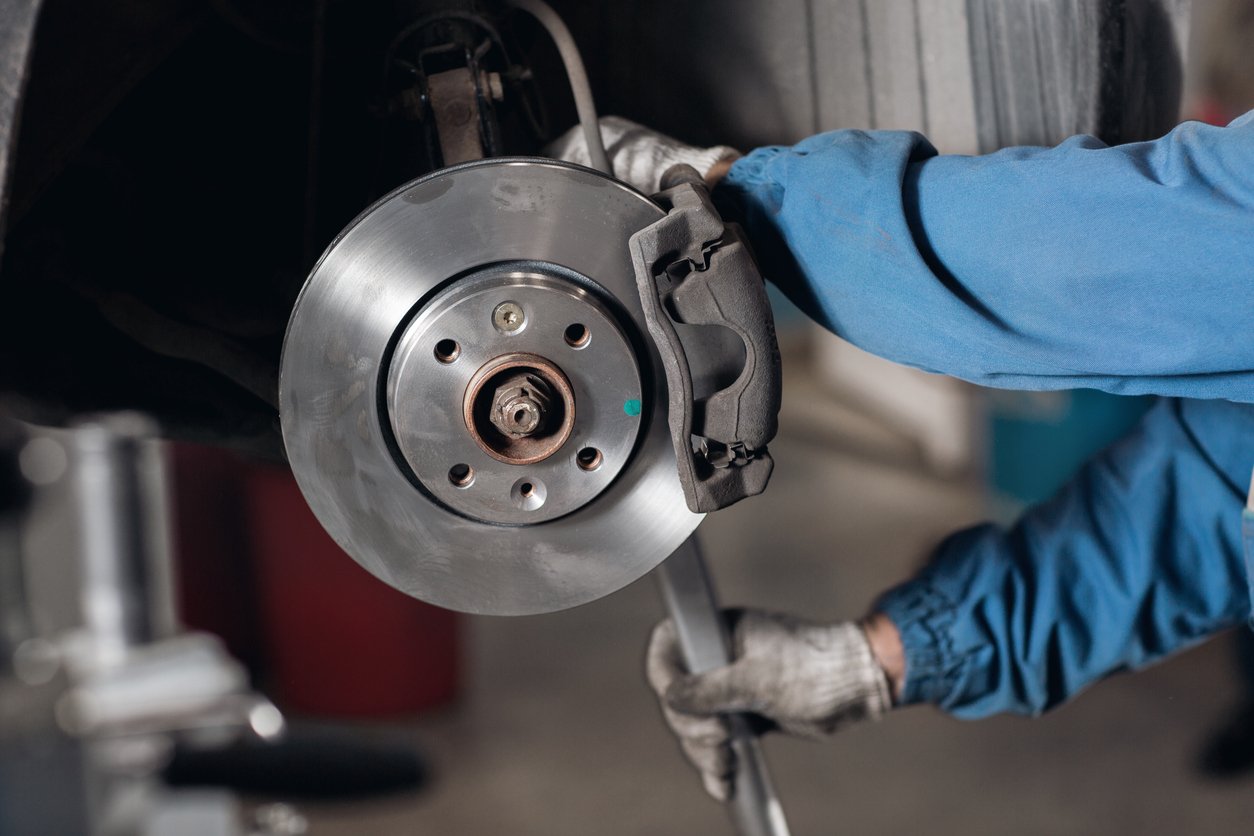
When you're driving along the highway on a sunny day with your windows down and your radio volume up, it's easy to forget that you're in a massive chunk of steel and glass hurtling through space at 60-plus miles per hour (97-plus kilometers per hour). At that speed, if you suddenly needed to stop, your vehicle could take approximately the length of a football field (100 yards or 91 meters) to come to a standstill -- and that's only if you've kept one of the most critical safety systems in your car well maintained: your brakes. Brakes may not be the sexiest part of a car, but they're certainly one of the most crucial. Paying attention to the warning signs that indicate a need for service can mean the difference between life and death on the road. Of course, there are some obvious signs that your brakes need servicing, such as the brake light appearing on your car's dashboard or the feeling that your vehicle is taking longer to stop than it should. In either ... read more
Posted on 8/23/2017
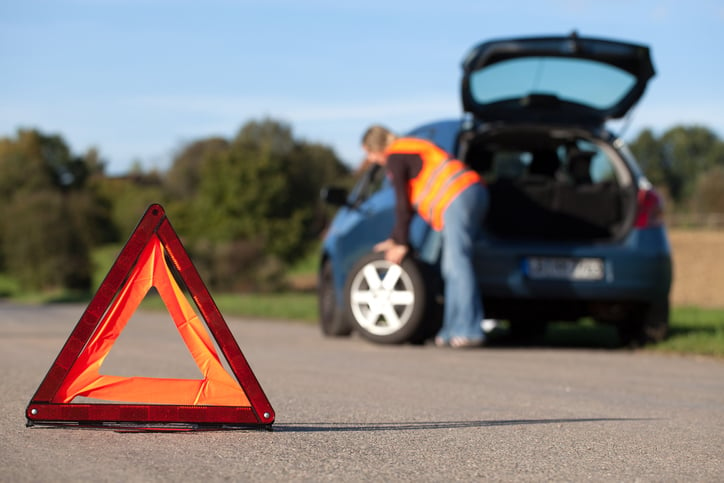
Sooner or later, it's bound to happen to most everyone. You're driving along with your mind on the important meeting agenda, and suddenly your car pulls to one side and you hear that dreaded flapping sound of a flat tire. Nowadays, many drivers have roadside assistance services that will come fix your flats, but it's always smart to know how to change a flat yourself. Since it's a fairly common occurrence, car manufacturers have tried to make the tire change process one that virtually anyone can do. Tools You Need to Change a Tire Keep the following tire-changing essentials in your vehicle at all times: Spare tire - Usually located under the floor mat in the trunk. SUVs or trucks may have the spare mounted underneath or on the back of the vehicle. TIP: Check your spare regularly to ensure it's properly inflated. Jack. Lug wrench. Flashlight with working batteries. Flares and reflective triangles. Gloves - Leather is ideal since it works well in a variety of ... read more
Posted on 8/23/2017
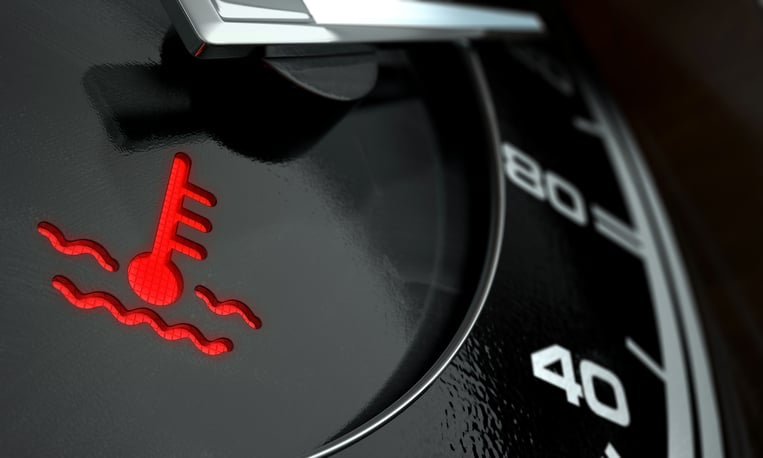
You may love the heat of summer, but you need to help your car keep its cool when temperatures rise. An engine that runs too hot can damage the vehicle and threaten your safety. What Can Cause Your Car to Overheat? Hot temperatures alone might not be causing your vehicle to overheat. If your car's cooling systems aren't functioning correctly, it can lead to serious damage to your engine and expensive repairs. Here are a few common engine problems that can cause your car to run hot that you should know about: Coolant: Every car has a cooling system to help keep the temperature of the engine down. If your cooling system has a leak, blockage or pump malfunction, the coolant might not be able to circulate properly. Cooling system malfunctions aren't just problematic when it's hot out; very cool temperatures can cause coolant to freeze and prevent circulation. Thermostat: Another possible issue could be a problem with the thermostat. A vehicle's thermostat is responsi ... read more
Posted on 8/15/2017
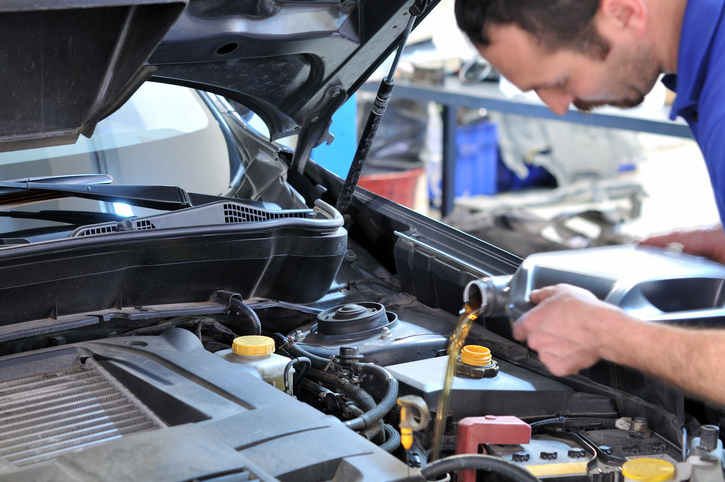
An engine oil change is a relatively simple service. It’s widely touted as the single most important part of your car’s maintenance schedule. There is a good reason for this. Nothing will shorten engine life faster than missed oil changes. But how can you tell when you should change your oil? Advances in technology and increased consumer awareness have created some confusion to how often this needs to happen. The Easy Answer For most of us, all we need to do is follow the manufacturer’s recommended maintenance schedule for oil change intervals. Their guidelines are designed to keep your car in good running condition for a long time. Where can you find your car’s service schedule for oil changes and other recommended maintenance? You can check the owner’s manual that hopefully you have kept in a handy place like your car’s glove box. You might also visit the manufacturer’s website and do a search to download it. Quick lube shops ha ... read more